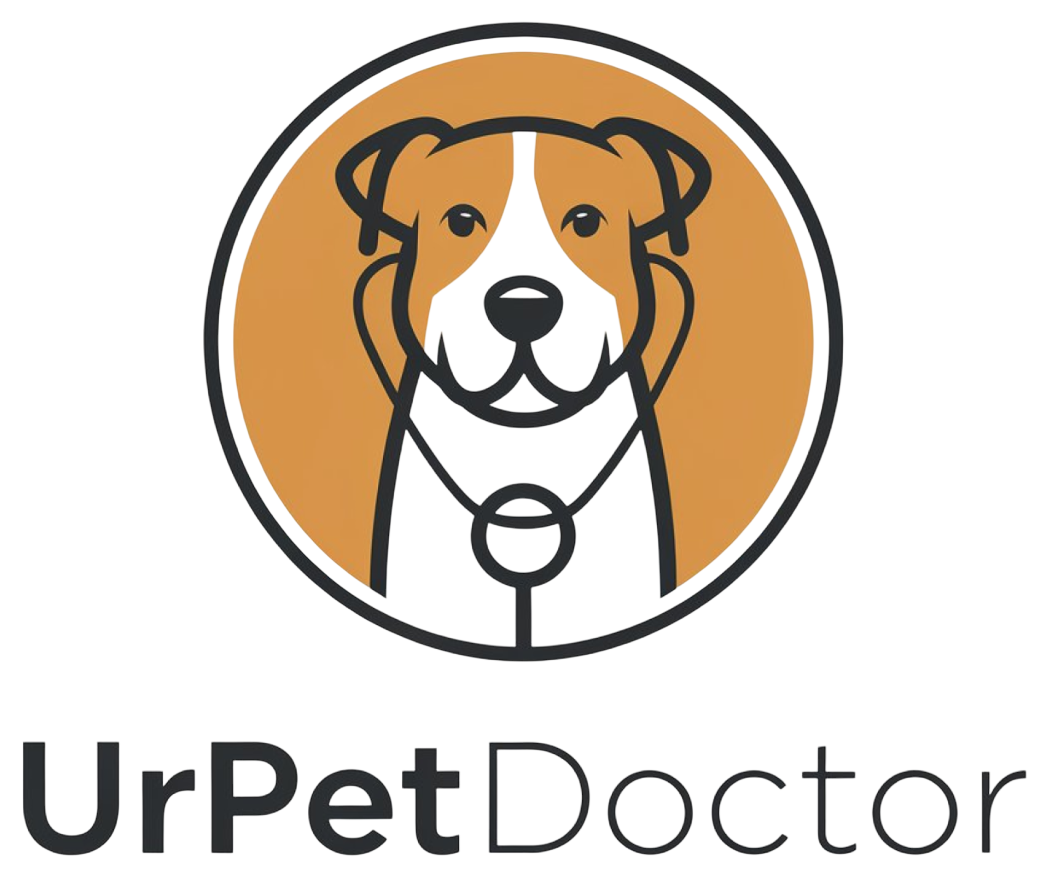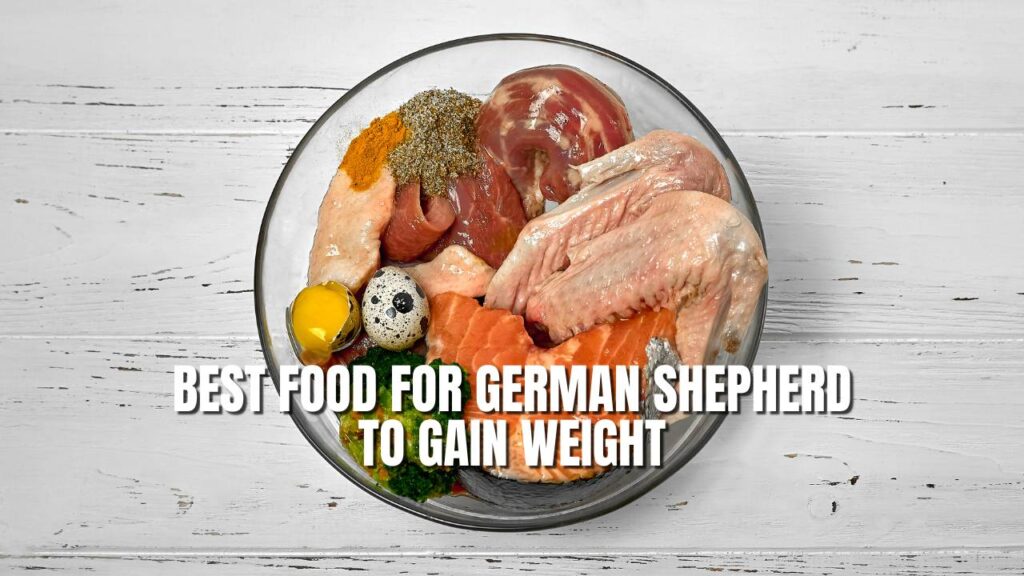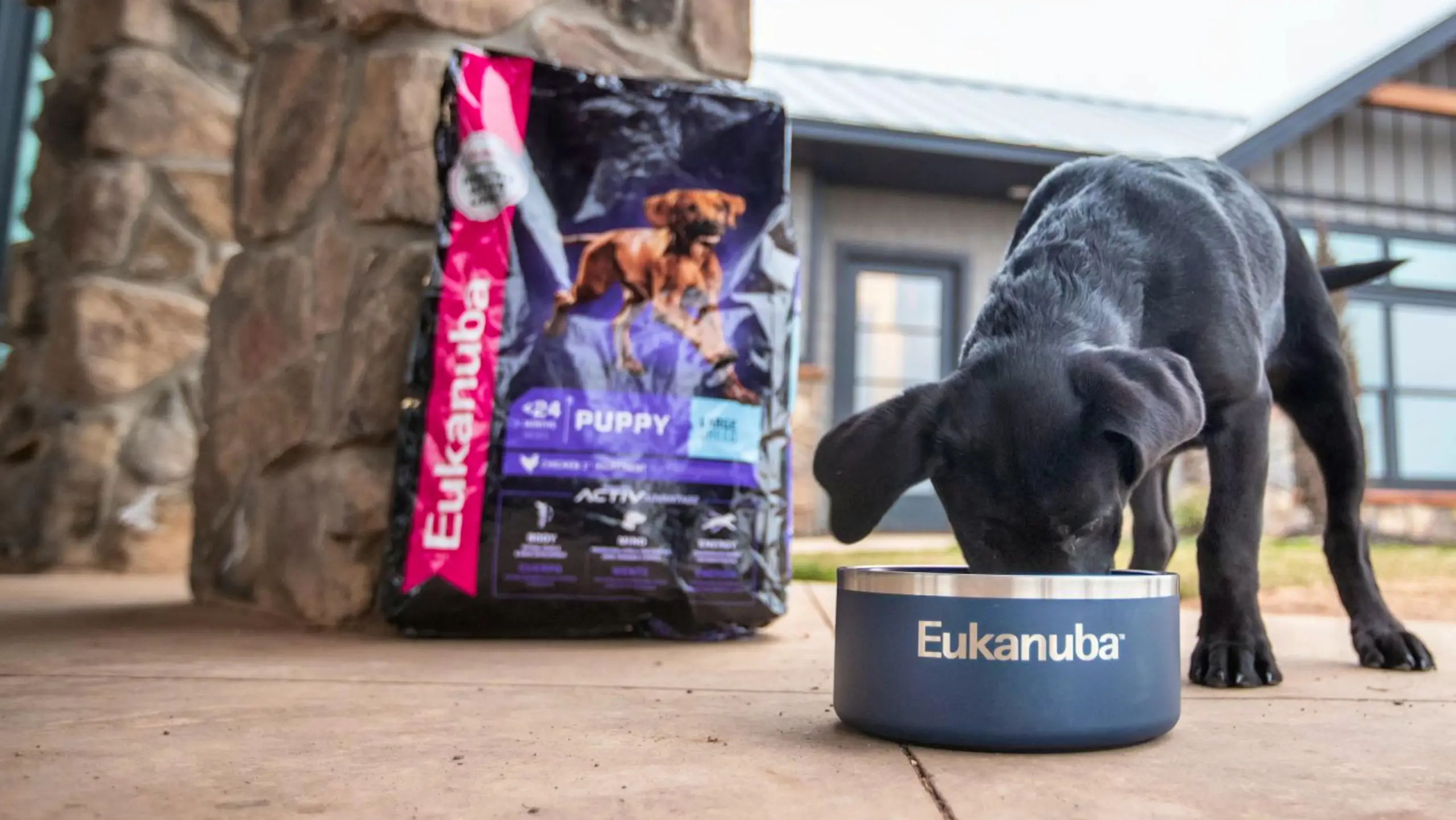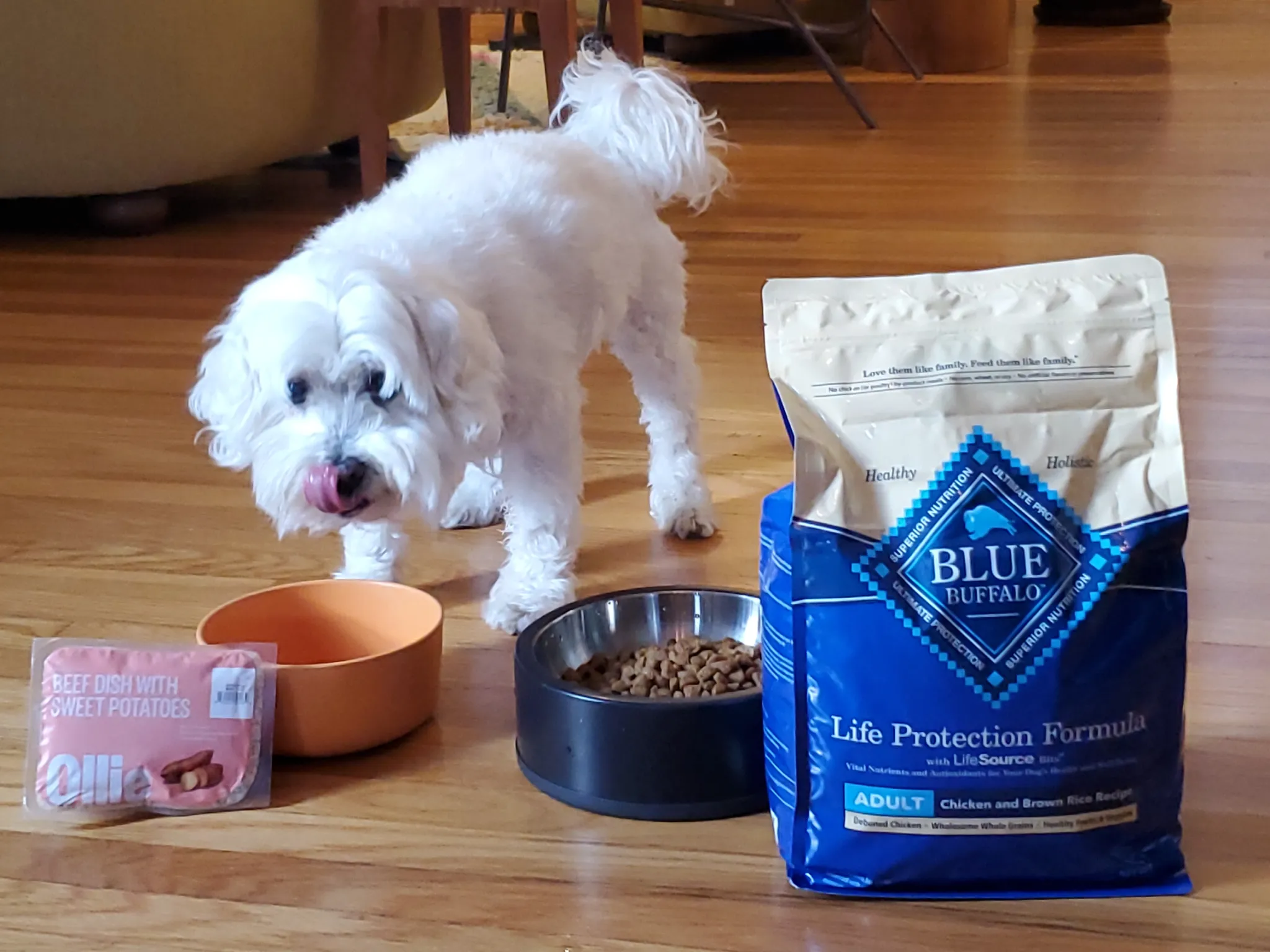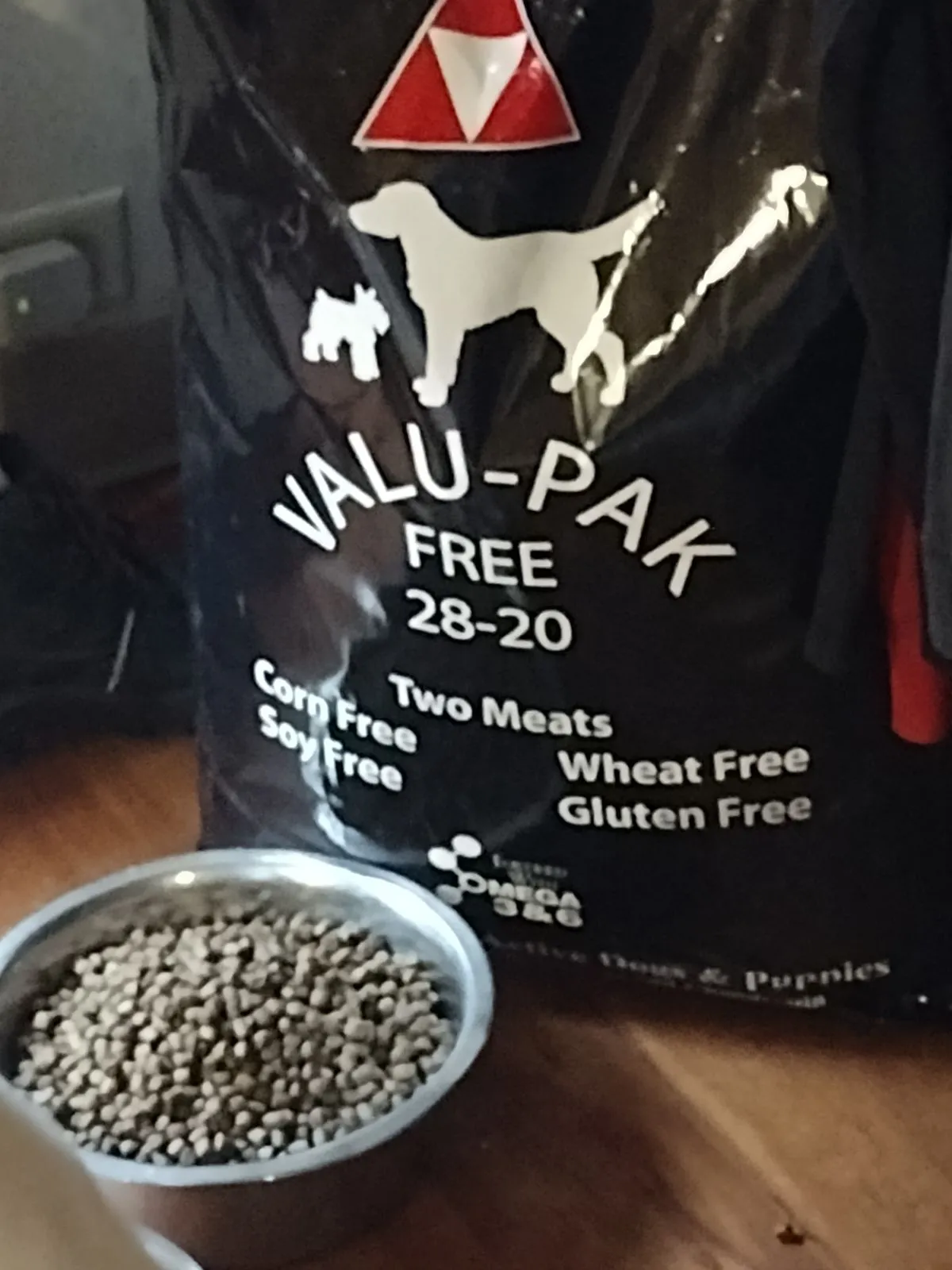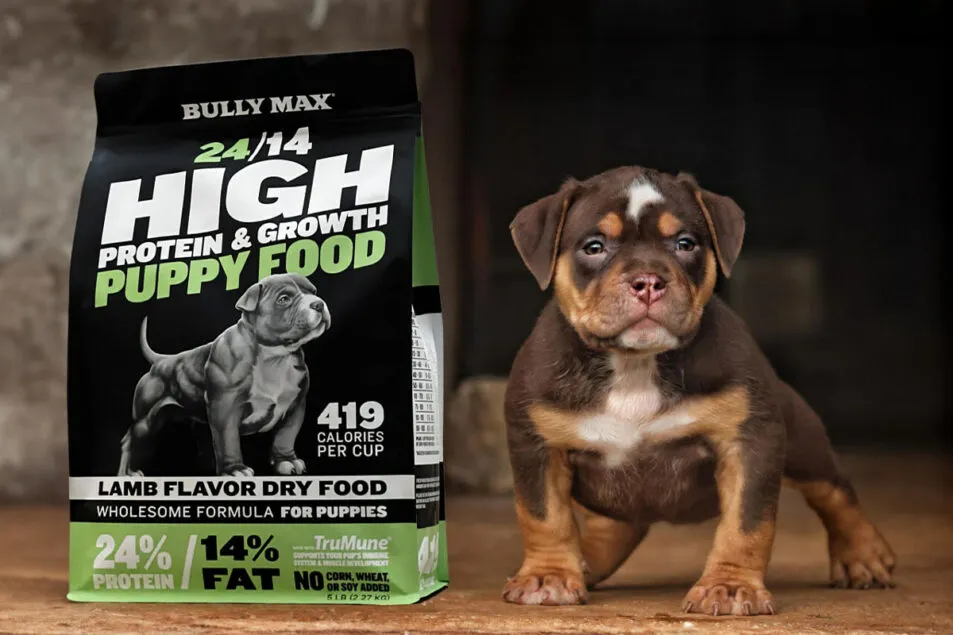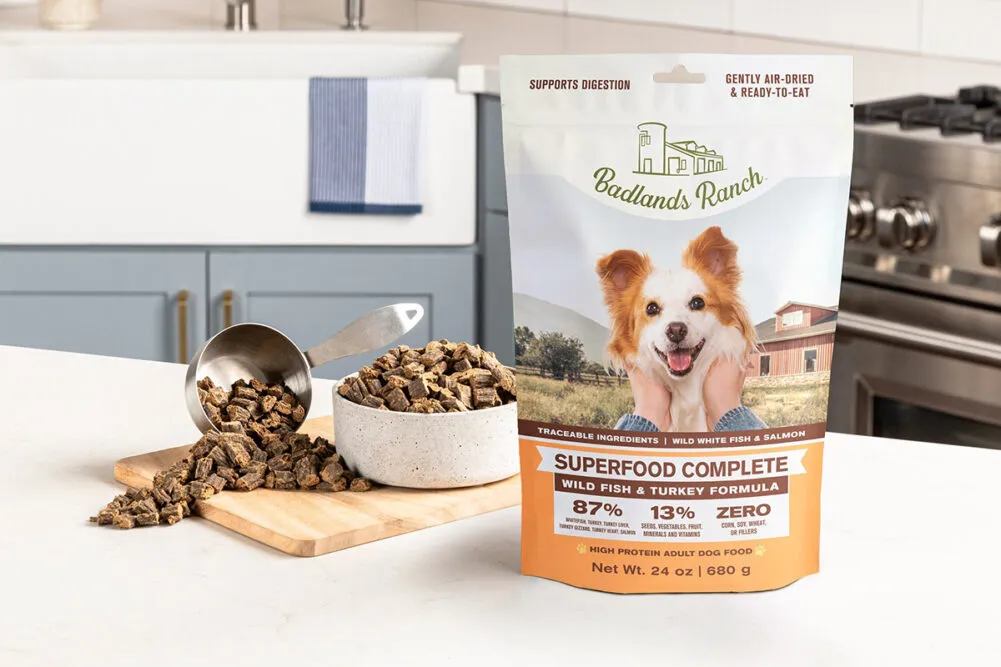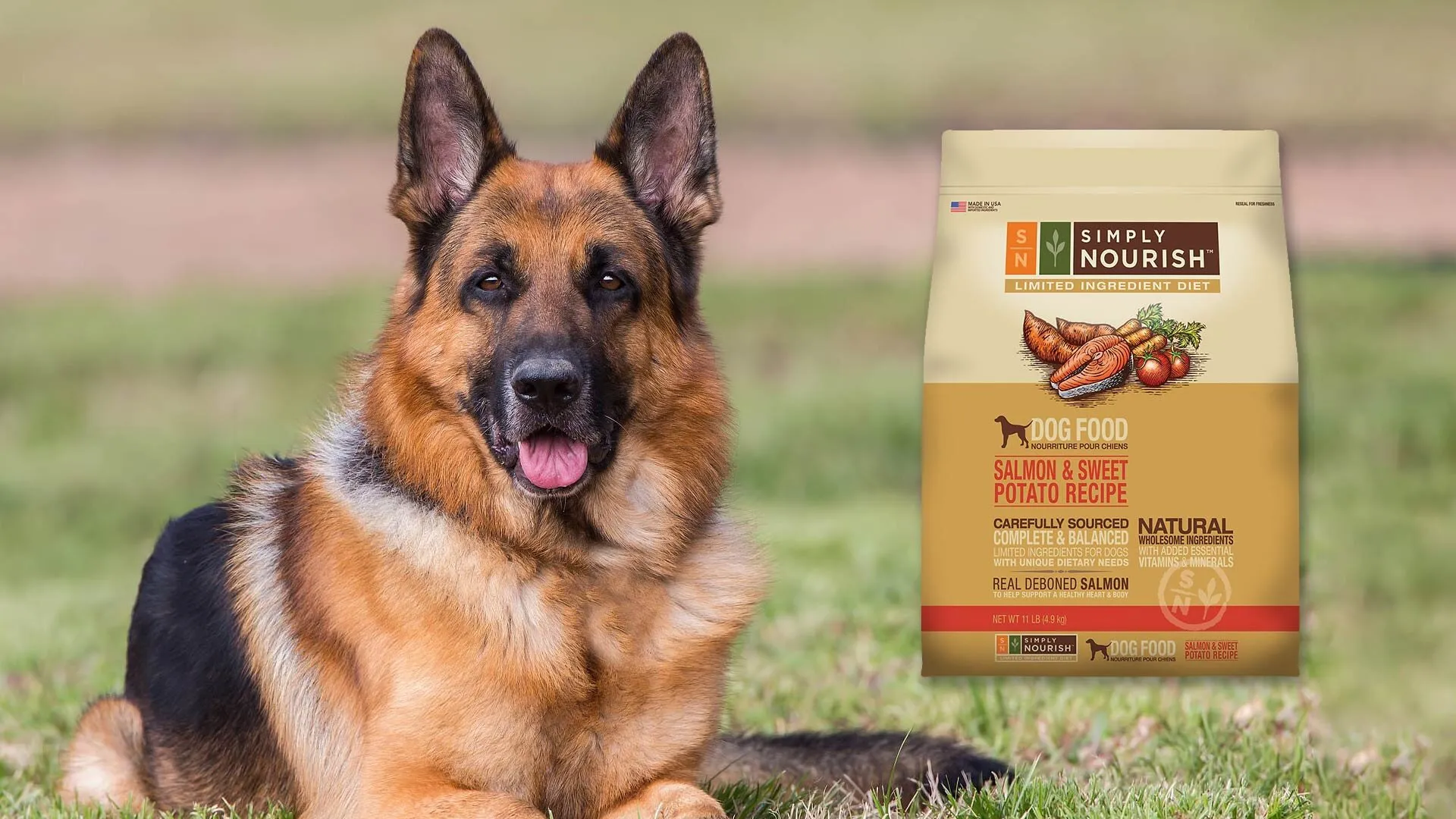What is the best food for German Shepherd? I wrote What is the Best Food for a German Shepherd in December 2009. Then I revised it heavily (and added more thoughts and experiences) in February 2011, and further fine-tuned in February 2021. I actually own and feed six German Shepherds. Serving the best dog food for German Shepherds is a great passion of mine.
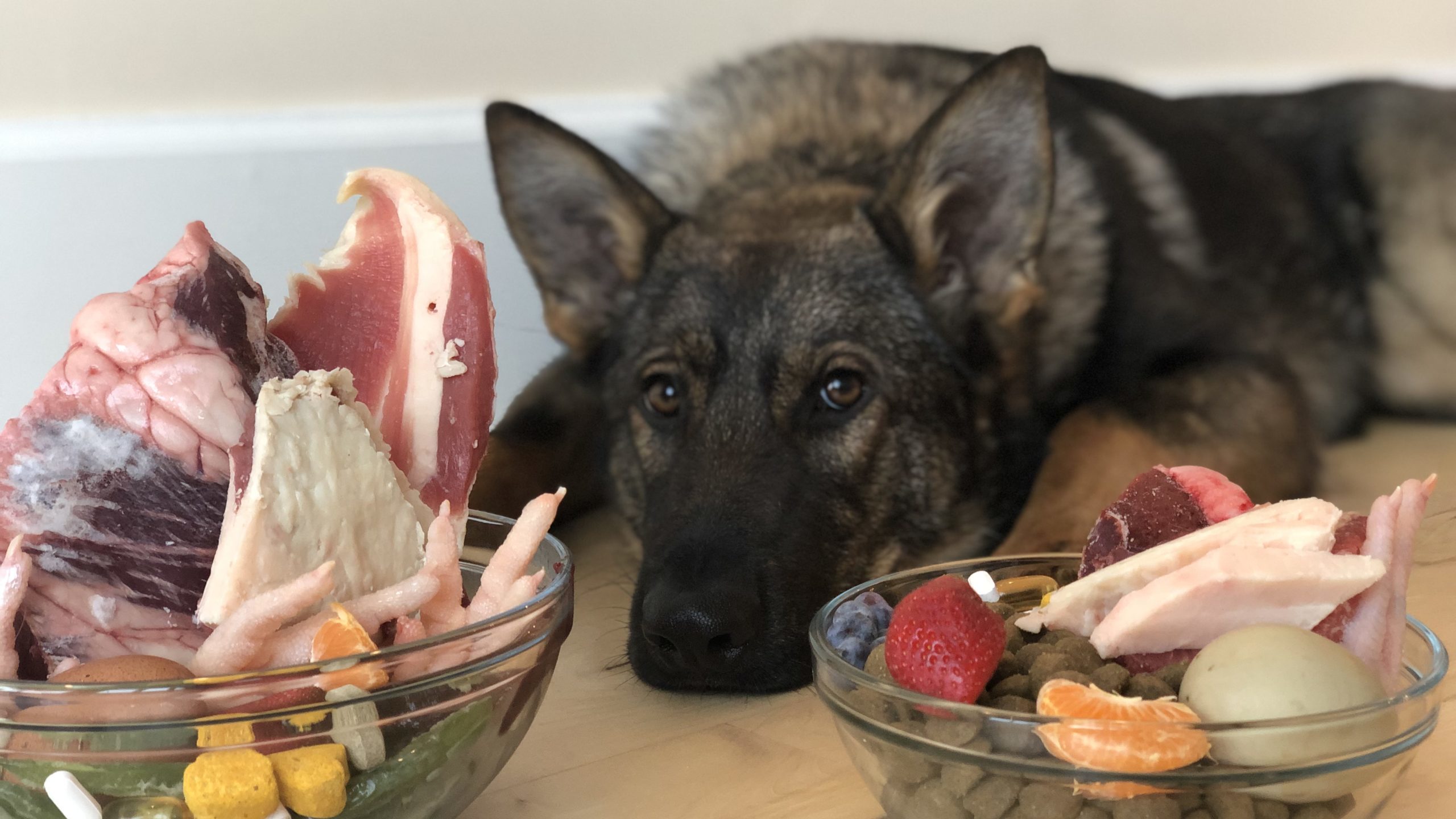
I LOVE MY DOGS! This is a sentiment shared by most pet owners. I want my dogs to have long, healthy, productive lives. So, aside from plenty of physical exercise and mental exercise, I make sure they eat the best food I can give them. In the past, I lost two dogs to cancer. They were both fourteen at the time.
So, I got really concerned and focused on trying to avoid that happening in the future. Did you realise that cancer is the leading killer of dogs? No matter what some people have been saying to you, this is not at all normal or OK. Of course, “why” is open to debate. But when I consider the dog-food ingredients, I’m pretty sure I know where most of the blame falls. It’s crappy dog food.
The Challenges
Surely nobody wants to feed that crappy kind of food. But how do you determine which dog food is better? It wouldn’t be in any dog food company’s best interest to make it simple for us because they don’t have to. Most dog food in bags is full of by-products, meats that have growth hormones, and antibiotics.
Also, ubiquitous fillers such as brewer’s yeast, tapioca starch, and pea protein. Therefore, half of most dog food is made up of carbohydrates. Those turn into sugar when you digest them. None of that is proper nutrition.
In other words, most dog food is not especially good for dogs. Just like if you were living on a diet of burgers and fries. And don’t even get me started on vegan dog food. No doubt, dogs are omnivores but lean towards the carnivore side. Moreover, if you think the dog food your vet is trying to sell you is superior, I am here to report more bad news. That is also not great food for a German Shepherd.
A lot of the food on grocery aisles, produced by mega food companies, simply isn’t healthy for people. Well, don’t take my word for it; read the labels. Look, while you’re at it, at human cancer rates. If you want to tackle that, I suggest the book Cancer as a Metabolic Disease: On the Origin, Management, and Prevention of Cancer, by Thomas Seyfried. He worked as an Associate Professor of the Department of Biology at Boston College.
Breed-specific Dog Food is the Best Dog Food for German Shepherds

The paradox is also what we eat from our “chow” menus is the same dilemma we are confronted with dog food. I want to make sure that I give my dogs the best food for German Shepherds. Except, you know, like anyone, I also have to look at the price tag.
So, I recommend feeding the best quality food you can afford, and I believe in doing better when you can. It is important to feed a dog the right food for all breeds, healthy food! What is the point of organic blueberries in your dog’s food when blueberries have no nutritional value to your dog? So the biggest thing that you need to know when it comes to the best dog food is: BREED COUNTS!
This article covers the fundamentals of German Shepherd nutrition and provides links to resources to learn what other breeds need nutritionally. Everything is the result of years of research, feeding my own dogs and consulting the late William D. Cusick, a canine nutritionist and animal advocate. Mr. Cusick wrote breed-specific nutritional guides, complete with recipes.
Therefore, they are the foundation for feeding the right food for a German Shepherd. He is a very good author. I learn a lot from these books. You can get a FREE copy of his 1 best-selling Dog food guide at: Canine Nutrition.
This article is for educational purposes only and not a substitute for professional canine advice – always discuss any significant changes to your pet’s diet with a canine nutritionist, not a vet, or if you have any queries or worries. And finally, if you are ready to take a deep dive into your dog’s health or have a recipe specifically formulated for your dog, regardless of the breed, head to Raw, Fed, and Nerdy.
Why Does It Matter?
As a result, I feed my dogs a diet of beef, wheat, and cabbage, and steer clear of fish, soy, or rice. But let’s be honest, understanding what my dogs should eat and making that all palatable enough that they will eat it are two different things. In nature, they would naturally eat these things.
They would not, however, walk up to some baby spinach plant and start munching. They are DOGS and dogs EAT and REQUIRE meat; dogs are omnivores. In the wild, such a cat would hunt an animal smaller than itself, kill it, and eat it. Stomachs contain so many nutrients for a dog, and the half-digested remains of their dinner kill — don’t dwell on that too long, but that’s how wild dogs get their veggies.
That, of course, won’t cut it around here. That’s when I decided to buy William D. Cusick’s manuscript “The Best Diet for a German Shepherd Dog” and cooked my German Shepherd food according to his recipe for seven years before I switched to raw—more on that later. My German Shepherds are fanatical about their food and are in perfect health.
They have more energy, they’ve gained muscle, and they’re perfectly healthy. Additionally, my dogs don’t need flea or tick medications either—there’s garlic in the food, and it is a natural flea and tick repellent. Well, my GSDs are VERY healthy dogs. Clearly, the best food for a German Shepherd does make a difference. Food matters!
The Effort of Preparing Your Dog’s Food Yourself
We’ll talk about raw food later, but I cook weekly. I spent just under 2 hours (cleanup included) making my 14 portions and boxing them up. We have a mini refrigerator in the garage just for their food. My dogs were fed twice a day. Let me tell you, it’s worth it, in my opinion, and it was only around $40 a week or so for four dogs for healthy, nutritious, good-tasting, from a dog’s standpoint, dog food.
The next table is for reference. You should NOT begin concocting dog food without an appropriate recipe. There is an appropriate quantity of each ingredient required for it to be healthy. For instance, a small amount of garlic sprinkled into the German Shepherd’s food will help repel fleas and ticks, but a large amount is toxic. So please, as part of feeding the best food for a German Shepherd, get the recipe I’ve alluded to above.
The Nutrition
| German Shepherd Dog Nutritional Needs |
Best Food Sources |
|---|---|
| Vitamin A Palmitate Source: WH Foods |
cabbage, carrot, broccoli, squash |
| Vitamin B-1 Source: WH Foods |
cabbage, carrot, yellow corn, squash, broccoli |
| Vitamin B-2 Source: WH Foods |
broccoli, cabbage, squash, beef |
| Vitamin B-6 Source: WH Foods |
chicken, beef, garlic, cabbage, broccoli, carrot, squash, potato |
| Vitamin B-12 Source: WH Foods |
beef |
| Vitamin D Source: WH Foods |
cheese |
| Vitamin E Source: WH Foods |
broccoli |
| Niacinamide (B3) Source: WH Foods |
broccoli, chicken, squash, carrot, beef |
| Biotin Source: WH Foods |
carrot (raw) |
| Folic Acid Source: WH Foods |
broccoli |
| d-Calcium Pantothenate (B5) Source: WH Foods |
yellow corn, broccoli, squash |
| Para Amino Benzoic Acid (PABA) Source: RX List |
whole-grain wheat |
| Calcium Source: WH Foods |
cheese, broccoli, cabbage, squash, garlic |
| Copper Source: WH Foods |
squash, cheese, potato, garlic |
| Iodine Source: WH Foods |
cheese |
| Iron Source: WH Foods |
cheese, broccoli, squash, beef |
| Magnesium Source: WH Foods |
cheese, squash, broccoli, whole grain wheat, cabbage |
| Manganese Source: WH Foods |
garlic, squash, whole grain wheat, broccoli, cabbage, carrots, yellow corn |
| Phosphorus Source: WH Foods |
cheese |
| Potassium Source: WH Foods |
broccoli, squash, carrots, cabbage, potato |
| Zinc Source: WH Foods |
beef, squash, broccoli |
If it grows above, due to the inforamation given I ensure that my German Shepards get their requirements for good health. But I’ve been supplementing my dogs’ food with a couple of other things for years with great success. These are non-food- based individual nutrient supplements. I personally find these very important for what is the best food for German Shepherd.
The Next Phase
I’ve been doing this for a long time now and my dogs are doing well on this diet. I highly recommend the William Cusick breed nutrition guides, those have been a great place for me to start.
Then, I began transitioning my dogs to raw food in August of 2016. On another German Shepherd with whom I lived for several years until it had to sadly be put down, I had witnessed the effects. I saved him, and he had a spinal injury, and he never really was completely well, even with an operation. A good life, but not long enough. Neko was just eleven years old. I saved him when he was seven years old.
Neko was the original dog I switched to raw. I began with a commercial raw food for a German Shepherd, but it wasn’t specifically for his breed. I saw this completely take place there in Neko and realized that this was a better way of feeding. I was, however, perfectly nutritionally balanced already in my cooked food, and I didn’t want to lose that. And that is why I mightily recommend the best food for a German Shepherd Rawish.
Creating the Recipe
Well, for the 4 weeks I had worked daily/weekly on my cooked German shepherd’s individual recipe, I continued as planned and with a separate page documented the nutrient values of my own GSD breed-specific cooked feeds and attempted to try and build my own GSD raw recipe by the same values. You should see my spreadsheets!! I based The Best Diet for a German Shepherd on the book Unlocking the Ancestral Diet, into a raw food plan. Mr. Cusick was not sold on raw feeding. But his concerns had more to do with the quality and safety of the meat we were eating. This is a valid concern, there are remedies to this issue.
Neko was the first one to benefit because he was already eating raw. That shift happened easily enough. For the next two weeks, all of my dogs, including Sylvester, slowly moved onto the new raw dog food recipe. My dogs have never done better with a food. This is really the best dog food for German Shepherds.
Raw Food Safety
One of the issues I hear most about feeding raw is the chance of contamination, such as e-Coli, Salmonella, or Campylobacter, just to mention a few. Dogs can suffer from those bacteria, after all. But then, that’s only a danger if the dog isn’t on a regular diet of raw food. Of course, dogs are scavengers. Foragers go after buried rotten meat, rotting roadkill, and other natural ‘delicacies.’
In comparison, the acidity of the human stomach is maintained at around 1.8 to 2.0. That is highly acidic. The dog with a stomach pH 2, 0 doesn’t have any problems from eating meat containing the bacteria mentioned above. Its stomach acids will kill all of that, and then some. But dogs eating commercial kibbles or cooked diets have no such structural protection.
Fortunately, after the first two weeks, you will have no problem not wilting if some bad bacteria happens to pop into your dog’s raw meal – for their stomach acid level drops back down to its natural 2.0 PH level, and your dog will be as safe from potential harm as he was when consuming cooked bacteria free food. I myself, in 6 Years of feeding raw diets, never had a problem. If you’re interested, you can read more about this in the vet article Gastric Acidity, Digesting Bones, Gut Transit Time and Salmonella”.
Back to the meat supply. Look for a reputable farm to get the best meat. Peaceful Meadows is pretty local to me, and taking a drive there to get all the meat I need for my pups has become part of my normal weekly routine. They stock my meat freezer two times a month.” I never had problems with meats from them and I refuse growth hormones and antibiotics. This is a highly convenient aspect when considering the top dog food for German Shepherd.
In 2020, I began to sell my fairly raw version of the Best Food for a German Shepherd recipe.
